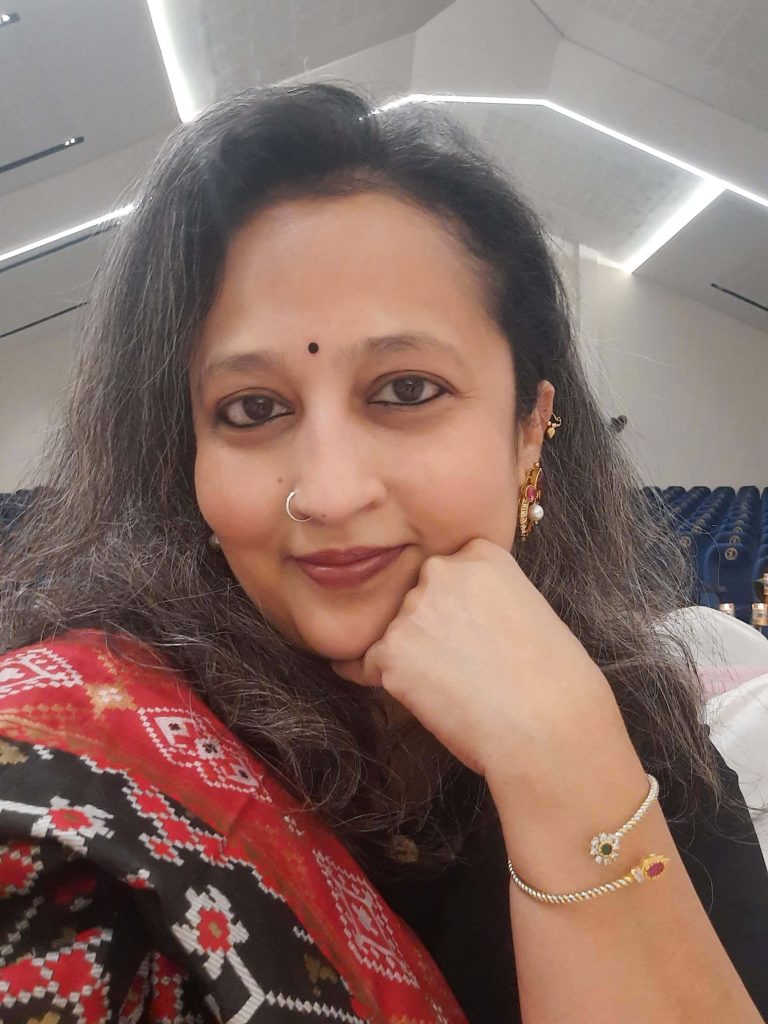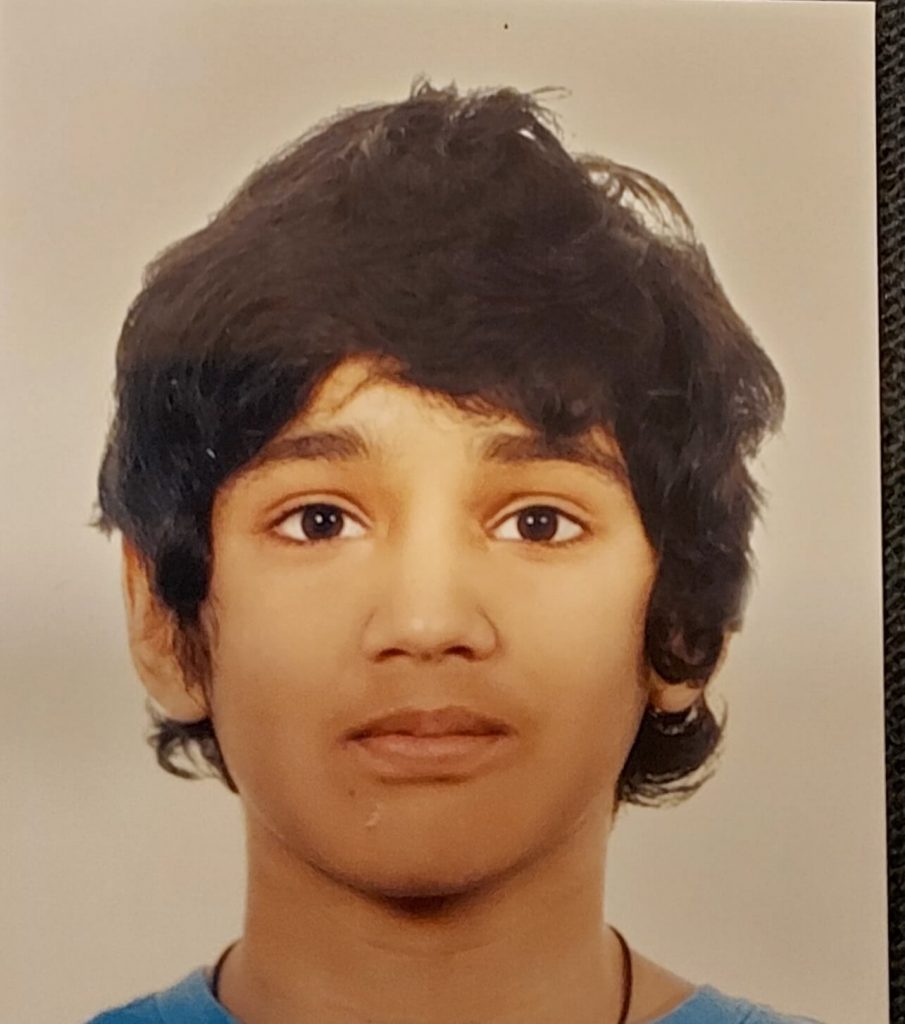Our Schools
Festivals and celebrations in Early Years, Ekya ITPL
The best way to preserve everything is to teach our future generations about it. Our country has a rich culture and the best part is the unity in diversity. In Ekya our students get to see festivals from all over India and the way they are celebrated. I am glad they are getting to witness it all as it is the best way to teach students. Involving students in the celebrations the traditional way is very important to keep our traditions going. Our festivals help students to learn about our culture and traditions. At Ekya we celebrate different festivals to teach students our culture and traditions. We encourage them to wear our traditional clothes at this time to make them aware of our culture
Food is another very important part of our festivals. We involve our students in festive fireless cooking. We do different art activities related to festivals. Some of the festivals we celebrate at Ekya are Ganesh Chaturthi, Onam, Diwali, Eid, Christmas, and also national festivals such as Independence Day, Republic Day, Gandhi Jayanti to inculcate feelings of patriotism in our students. To enhance their creativity we also make art related to the festivals. We also celebrate days like Fathers day, National sports day, Chocolate day, Yoga day to increase their awareness and knowledge.









Leave a reply